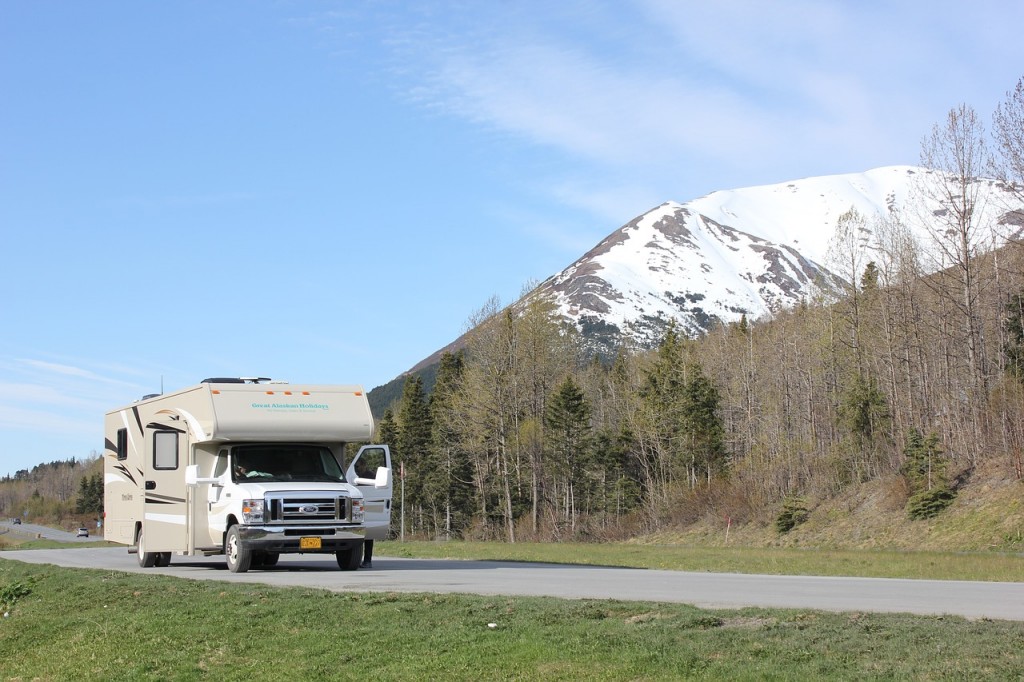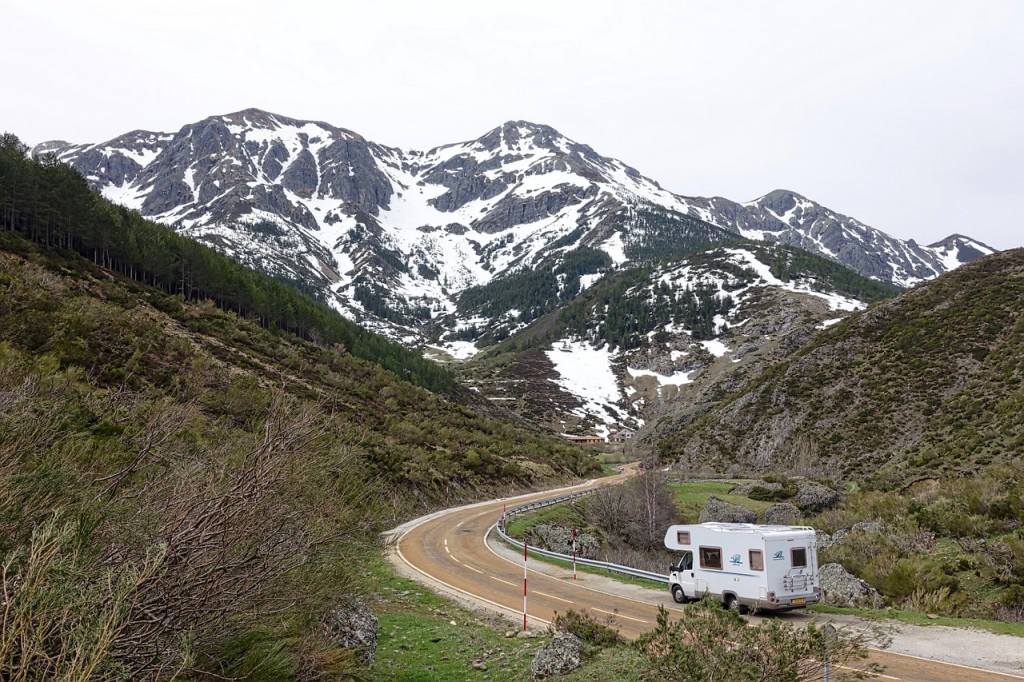If you are full-time RVer, make sure you have adequate insurance coverage. Full-time RV insurance needs to cover personal items, the RV, and components, and provide coverage anywhere the RV travels. Think of it as a hybrid combination of an automobile and home insurance policy.
Personal Liability Insurance
Because your recreational vehicle is your principal residence, you will want personal liability insurance. Personal liability insurance covers people injured in your RV. The liability insurance will cover medical and legal bills. This type of coverage will also take care of any accidental damage done to other people’s property inside your RV.
When selecting liability coverage, consider how quickly medical bills and attorney fees can add up. Choose the coverage amount that protects your finances and assets. Be sure to have a solid understanding of how much the policy covers if an accident occurs. You may be responsible for the rest of the expense. For more advice on RV, liability coverage go to Good Sam Full-Time RV Insurance.

Collision and Comprehensive Coverage
If you get into an accident with the RV, collision coverage will pay for the repairs. Comprehensive covers damage not caused by a collision, such as theft of the RV, vandalism, fire, and other natural disasters.
Most collision and comprehensive plans have a deductible. A deductible is the amount you will pay. If the RV is a fender bender and it cost $3,000 to repair it, and you have a deductible of $500, your check from the insurance company will only be $2,500.
Uninsured Motorist Coverage
This type of insurance protects you if you are involved in an accident with someone who is uninsured or underinsured. Most states require vehicles and drivers to carry a minimum amount of coverage, but that may not be enough to cover a major incident. This will protect you against the other driver’s lack of coverage.
Personal Injury or Medical Coverage
Personal injury protection is similar to medical coverage, but different states and different insurance agencies require it. Make sure your coverage travels with you to the areas you visit. Medical pays for healthcare bills no matter who is at fault.
Coverage for Travel and Lodging if the RV Breaks Down
RV insurance is a little different in the fact that your principal residence could break down and leave you stranded. If you break down, your insurance agency will calculate if the distance is more than 100 miles from your address on record. If it is, you may be entitled to help with meals and a hotel.

Other add-ons to consider
- Towing. Towing an RV can be a major expense since it requires a specially-outfitted rig.
- Attachments, such as awnings or satellite dishes can get easily damaged and aren’t easy to replace.
- Full replacement cost. Collision will only pay the depreciated replacement amount if the RV is totaled. Paying for full replacement coverage is an option.
If you get a new physical address, notify the insurance company. Be sure to review your policy often. For information on RV, insurance agencies visit Consumer Affairs. Also, ask your agent to look for any discounts you may qualify for. Bundling your RV and car insurance might save you some money. For more on RV & motorhome insurance coverage, check out Upside Insurance Greenville, the Arizona Group, and Florida Insurance Agency.

